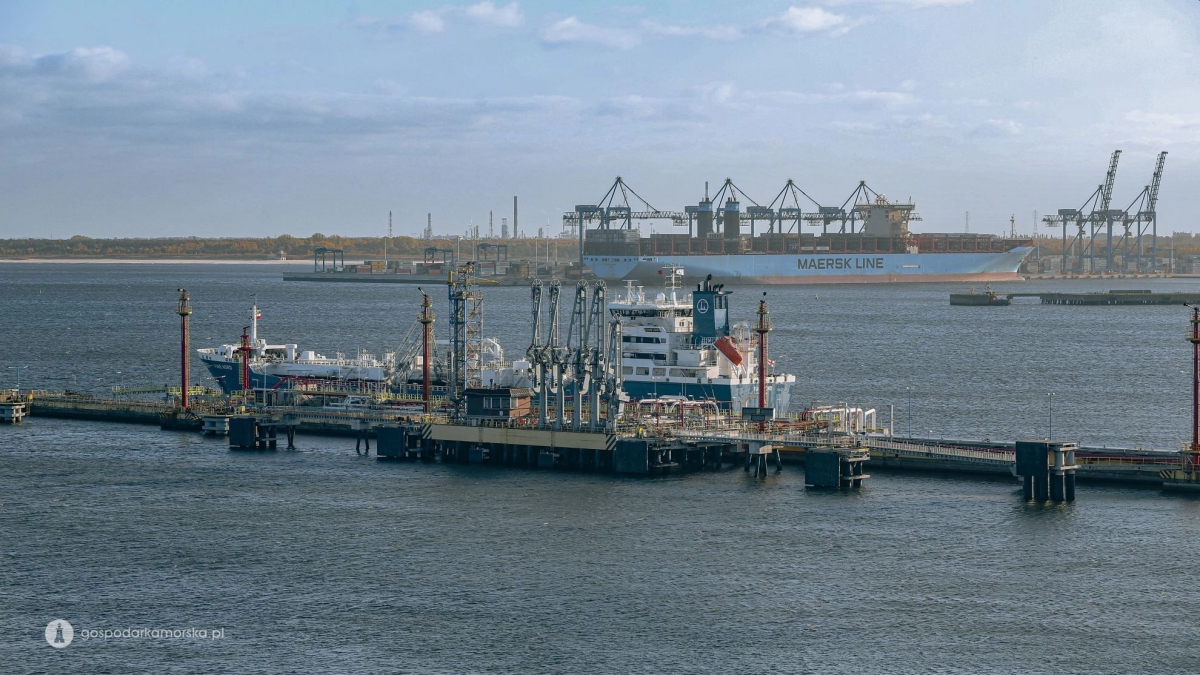
Russia's aggression against Ukraine and the consequent economic sanctions have turned the supply routes of energy resources in Europe upside down. The Naftoport in Gdańsk benefited from this, becoming one of the most important routes for the supply of crude oil and fuels for Poland... and Germany.
The reloading capacity of
Naftoport in Gdańsk exceeds the demand of Polish refineries for
crude oil. Refineries from Germany, which were cut off from the raw
material after stopping the use of oil from Russia, benefit from
this.
According to Money.pl, the demand
for oil in Polish refineries is about 27 million tons per year.
Meanwhile, the Naftoport oil terminal in Gdańsk is able to reload
much more during the year. Last year, the terminal handled a record
24.5 million tons of products (which arrived on 363 ships), the vast
majority of which was crude oil. In January this year, the then
president of the Port of Gdańsk Authority, Łukasz Greinke, said
that Naftoport still has large reserves. The capacity of the terminal
will increase even more after the opening of a new deep-water berth
for transshipment of crude oil and petroleum products. In the
meantime, however, Naftoport set new records. In May 2023 alone,
which turned out to be a record month, 3.4 million tons of crude oil
and fuels were handled and 41 tankers were handled. Interestingly,
the transhipment volumes are constantly growing - until recently,
September 2022 was the record month for Naftoport, when 2.6 million
tons of cargo passed through the terminal, then the record was broken
successively by January 2023 (3 million tons), March 2023 (3.2
million tons), then the mentioned May 2023.
Naftoport's capabilities are
appreciated by Poland's western neighbors, as described in more
detail by the Money.pl portal. German refineries Leuna and Schwedt
found themselves in a difficult situation after giving up oil
purchases from Russia. However, they started importing oil from the
international market via Gdańsk. It reaches Leuna from Naftoport
thanks to a nearly 1,000-kilometre-long pipeline. Oil from Gdańsk
also reaches Schwedt via the pipeline system.
The Germans turned to Naftoport
due to the fact that their own oil terminals do not have sufficient
capacity. The terminal in Rostock can handle tankers up to 100,000
tons, and its capacity is far too small to serve both refineries and
other customers.


